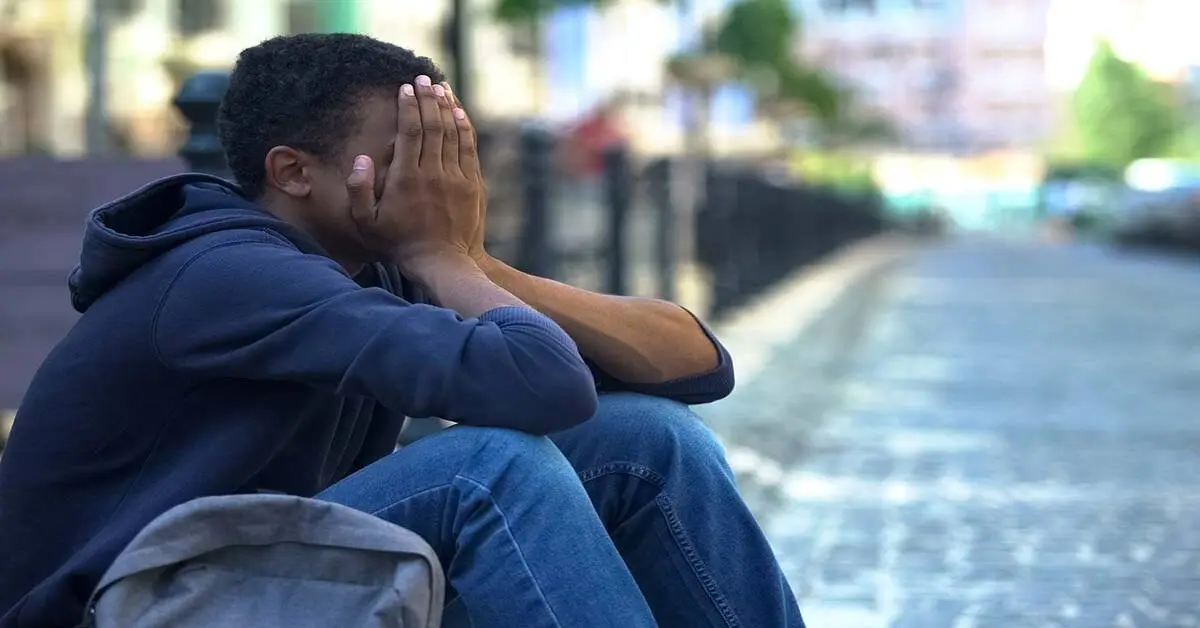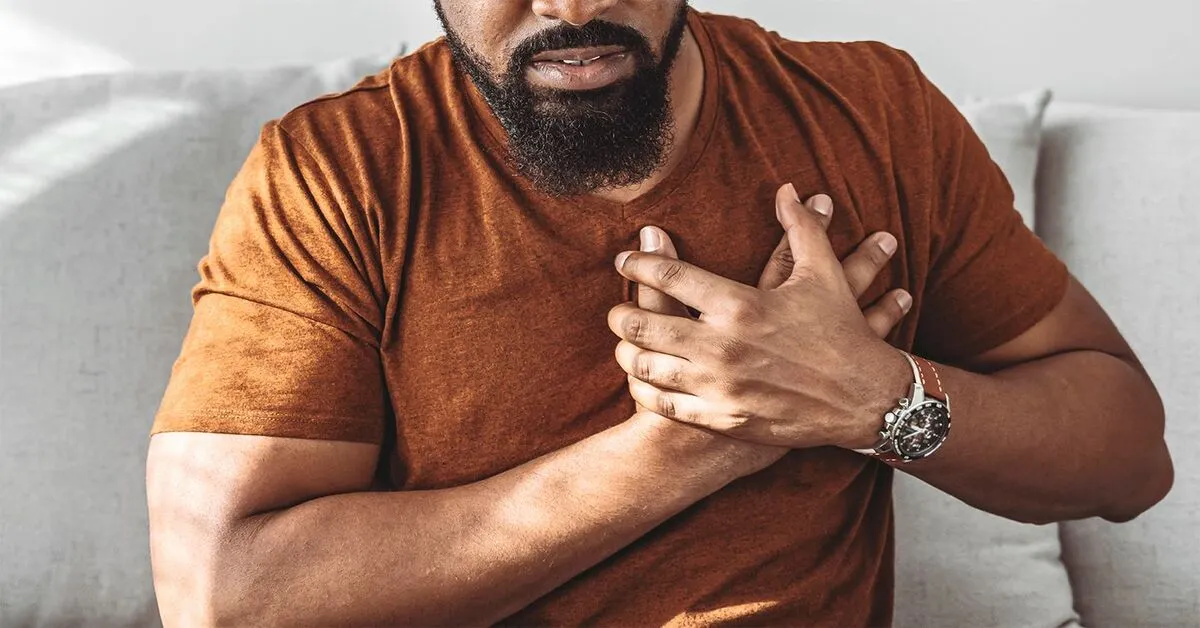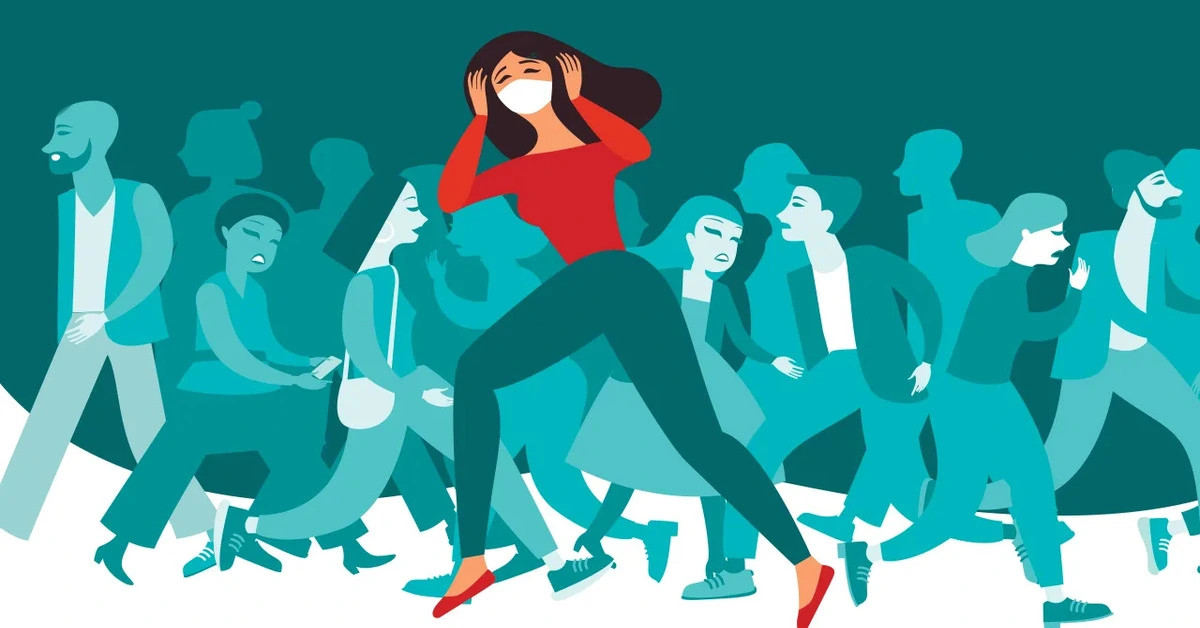Social anxiety can greatly impact how you interact with others, but with the right treatment, you can manage the condition and have a healthier social life.
Social Anxiety is a disorder or a phobia of social interactions. This means that any social contact brings you anxiety, self-consciousness, or embarrassment because you have a fear of being judged by the outside world. According to statistics, social anxiety disorder affects at least 13% of the world’s total population.
Moreover, Social Anxiety Disorder affects women twice as much as it does men. Here are some of the causes of Social Anxiety Disorder:
Read also: Did you know that women attempt suicide more but men die more?
- Environment
Some subjections to certain environments trigger an extent of fear in a person. Social Anxiety can also creep in if you are predisposed to people who create situations of fear.
- Family inherited traits
Sometimes, people get Social Anxiety disorder due to inheritance from the parent (s), or an extended family member. Even then, the extent of the role which genetics plays in this disorder is yet to be determined.
What are the symptoms of Social Anxiety Disorder?
Generally, studies show that social anxiety disorder starts in a person’s early teenage years. Some people can experience the symptoms for as long as a decade before they seek medical intervention.

Subscribe to Switch TV for more informative content
- You may experience nausea or stomach upsets when exposed to social situations.
- Frequent or spontaneous blushing
- Frequent sweating
- Trembling or fidgeting
- You may experience trouble breathing
- You avoid social situations at all costs, be it going out with friends, going to gatherings, interactions in the workplace, etc.
- Making eye contact is difficult,
- So is starting a conversation with other people.

Possible treatments for Social Anxiety Disorder
Therapy
Seek medical attention from a therapist. He/she will be able to guide you through how you can combat this disorder and have a healthier social life.
Read also: Did you know that men too suffer from postpartum depression?
Keep a positive attitude
Remember, having Social Anxiety Disorder is not a death sentence. Be positive and try to make progressive steps each day, that will help you get better socially.
















